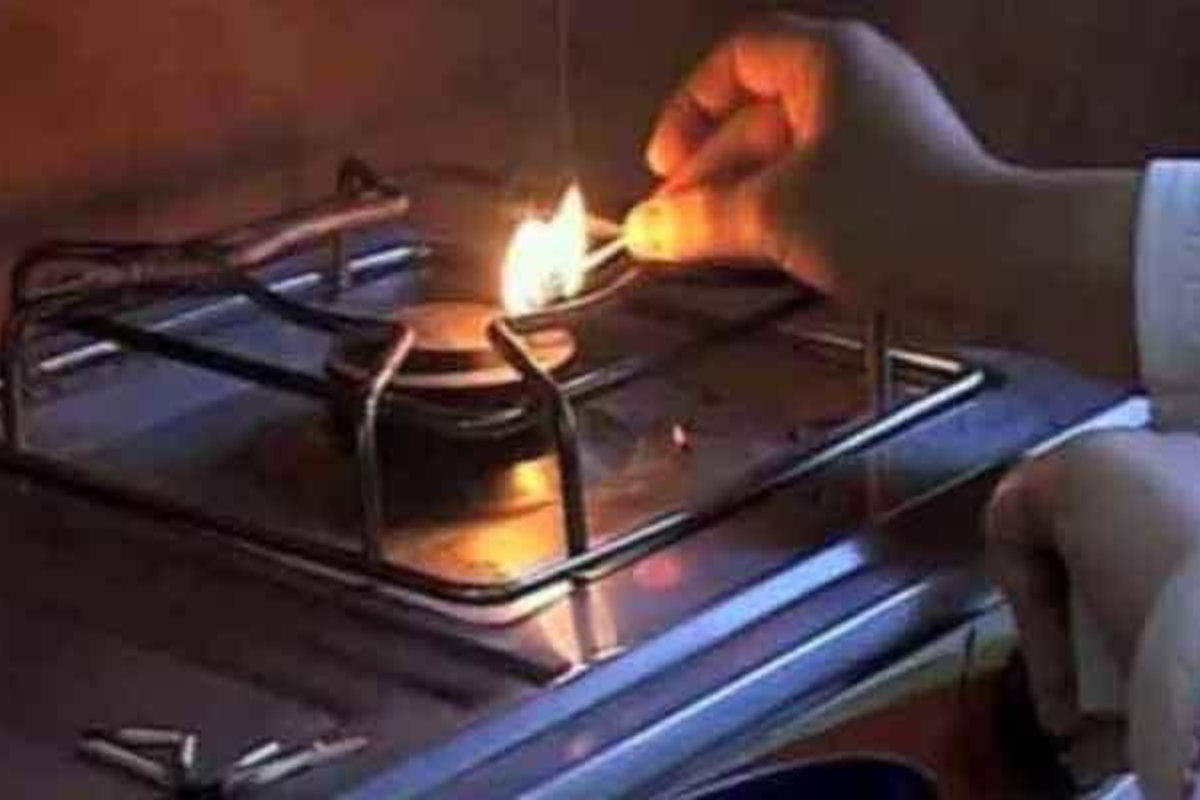- Karachi residents face gas disruptions during Sehr and Iftar, despite SSGC’s promises.
- Gas load-shedding affects areas like Saddar, Surjani Town, Garden, and others during fasting hours.
- Gas outages during fasting times highlight a need for better infrastructure and management in Karachi.
Although Sui Southern Gas Company (SSGC) promised uninterrupted gas supply for Sehr and Iftar, Karachi residents are still facing gas disruptions in different areas. Reports show that places like Saddar, Surjani Town, Garden, Nishtar Road, Punjab Town, Lyari, Agra Taj Colony, Khawaja Ajmer Nagri, Malir, and more are affected by gas load-shedding during essential fasting hours.
Salman Ahmed, spokesperson for SSGC, admitted to the Sehr and Iftar outages, linking them to millions of stoves in use simultaneously that lower gas pressure. He mentioned the demand-supply gap as the cause of gas load management and highlighted that gas pressure problems are more common at distribution line ends.
SSGC initially assured no load-shedding during Ramadan’s Sehr and Iftar, with specific supply schedules. However, the actual situation has been different. As per the announced schedule, gas supply was to be suspended from 9 a.m. to 3 p.m. and from 10 p.m. to 3 a.m. during Ramadan. Yet, these disruptions have continued, causing inconvenience to residents who cook with gas during fasting hours.
Salman Ahmed also pointed out that some consumers resort to “illegal” methods like using compressors to extract gas, worsening pressure issues and creating more difficulties in ensuring continuous gas supply.
[embedpost slug=”/karachi-weather-forecast-march-heatwave-expected-to-reach-35-degrees/”]
The gas outages in Karachi during critical fasting periods highlight a gap between official statements and actual conditions, emphasizing the necessity for enhanced infrastructure and improved management to effectively meet the city’s energy needs.



















